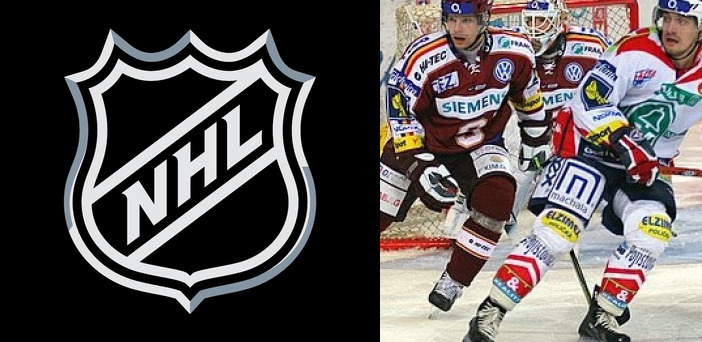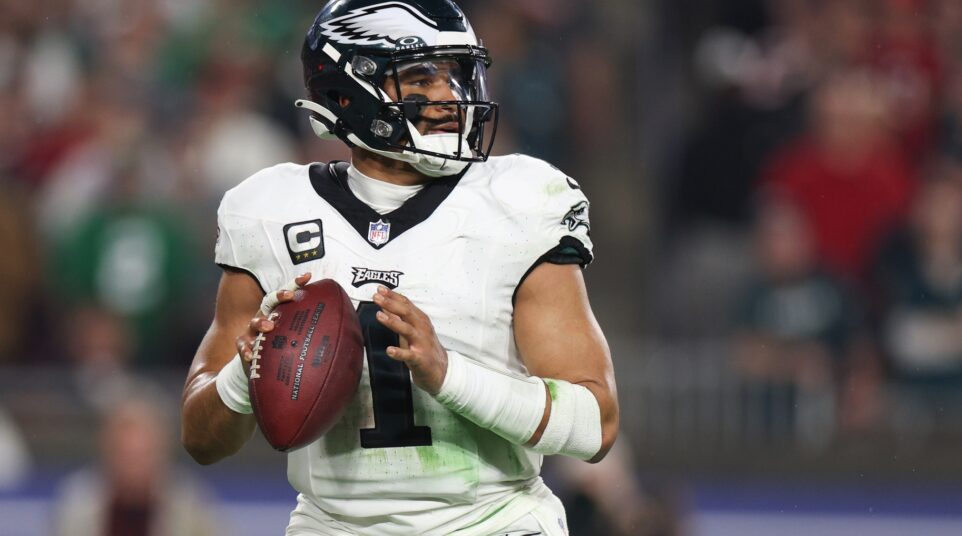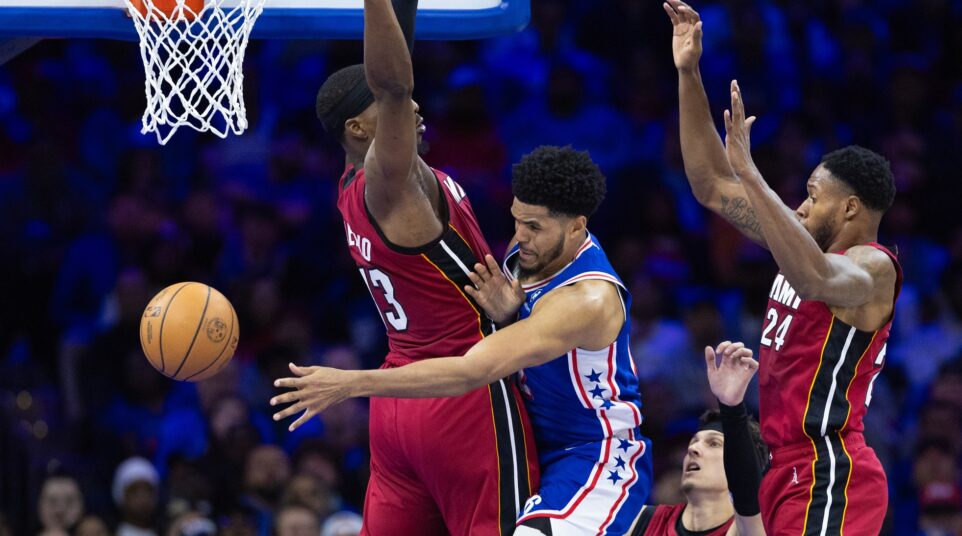
NHL Sells Out, Will Add Jersey Advertisements for 2022-23 Season
What do the following things have in common? Crystal Pepsi. A new Space Jam starring LeBron James. The Talk. 70 Eagles “reporters” filling a Twitter feed with the same update on a fringe wideout dropping a pass. They’re things no one ever asked for. The National Hockey League’s Board of Governors sold out to corporate America in a recent vote, which will see another item added to the aforementioned list: jersey advertisements.
EXCLUSIVE: The @NHL is adding advertisements to its jerseys for the 2022-23 season https://t.co/5HibbGIlYJ pic.twitter.com/HHkkV5ElyT
— Sportico (@Sportico) August 17, 2021
Could this be the worst thing to ever happen to hockey? No. Is it an annoyance? Yes. The level of annoyance is subjective, however, based on your prior exposure to such ads if you follow other leagues or sports. Soccer fans are used to huge logos across the front of their jerseys, which is fine if you’re rocking YETI on your Austin FC jersey, but maybe not so much when your Union jersey has BIMBO across the front. You end up having to let your teacher, coworker, boss, pastor, etc. that BIMBO is in fact a bakery with a corporate HQ in Horsham, PA.
For most sports fans, the first real moment of concern came ahead of the 2017-18 NBA season when the league announced the adoption of a patch on their jerseys. There were cries from fans that they’d never buy another jersey with a corporate logo, blah blah blah.
There are a couple of issues that hockey fans are right to raise. Traditionally, a patch on a hockey sweater is something that brings with it a tangible embodiment of leadership in the form of a “C” or “A”. Slapping a “StubHub” patch across from it seems a bit tacky and perhaps a bit reductive.
The bigger issue is that the NHL already allows corporate sponsorships on their helmets. The Flyers have been rocking the “TCS” logo on theirs since the policy was approved. Sports Business Journal previously quoted NHL Commissioner Gary Bettman as having said that helmet advertising program allowed teams in the flat-cap year to retain over $100m in revenue.
After retaining ~$100 million in sponsorships via helmet decals last year, the NHL will rollout jersey patches for the 2022-23 season – per @Sportico.
This was only a matter of time — the average NBA team brings in about $5 million annually from their jersey sponsor.
— Joe Pompliano (@JoePompliano) August 17, 2021
The question that remains is whether or not the addition of jersey ads will generate enough revenue to push the league forward and out of the extended flat-cap era. If so, fans will get over it. If it turns out to be a simple money grab, however, fans would be well within their right to express their displeasure, lest the jerseys end up looking like this:
If the NHL starts look like this, we riot. https://t.co/rJ8a4NewMH pic.twitter.com/gGPWVtAEQp
— Russ Joy (@JoyOnBroad) August 17, 2021
[the_ad id=”103880″]





